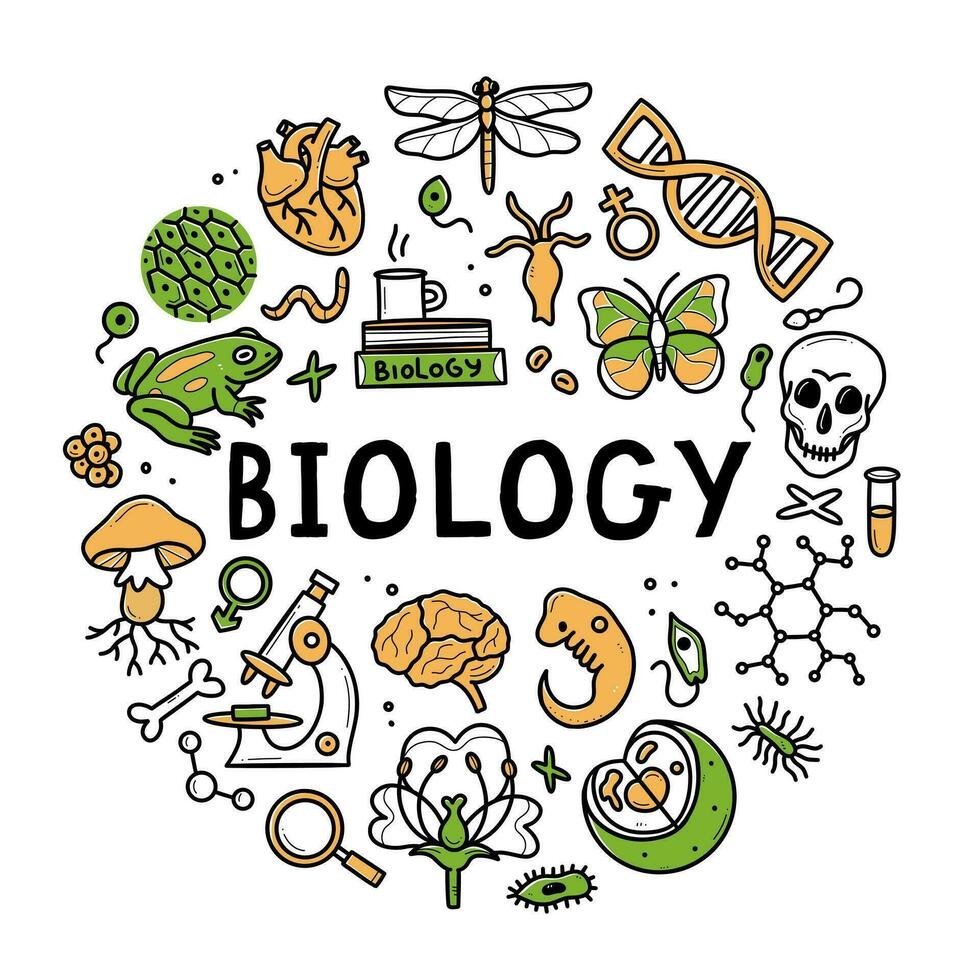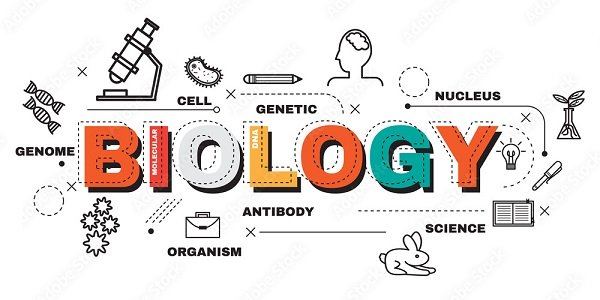Science of Biology – Introduction to fundamental concepts of Biological Science including the organization and common characteristics of living matters, cell structures and functions, food production by photosynthesis, harvesting energy, mechanism of cells reproduction, genetics, evolutions, and Human Biology. Introduction to general chemistry including basic concepts about matter, atomic structure, chemical bonds, gases, liquid, and solids, solutions, chemical reactions, acid, bases, and salt;
organic and biochemistry including hydrocarbons and their derivatives, carbohydrates, lipids, proteins, enzymes, vitamins, and minerals, nucleic acids; principles of physics and applications to nursing including gravity and mechanics, pressure, heat and electricity; nuclear chemistry and nuclear physics, effects of radiation on human beings, and protection and disposal. The aim of the course is to acquire knowledge and skills in general biological science, general chemistry and physics.
Science of Biology
Biology is the science of life. Its name is derived from the Greek words “bios” (life) and “logos” (study). Biologists study the structure, function, growth, origin, evolution and distribution of living organisms. There are generally considered to be at least nine “umbrella” fields of biology, each of which consists of multiple subfields.
- Biochemistry: the study of the material substances that make up living things
- Botany: the study of plants, including agriculture
- Cellular biology: the study of the basic cellular units of living things
- Ecology: the study of how organisms interact with their environment
- Evolutionary biology: the study of the origins and changes in the diversity of life over time
- Genetics: the study of heredity
- Molecular biology: the study of biological molecules
- Physiology: the study of the functions of organisms and their parts
- Zoology: the study of animals, including animal behavior

Adding to the complexity of this enormous idea is the fact that these fields overlap. It is impossible to study zoology without knowing a great deal about evolution, physiology and b ecology.
Definition of Biology:
The word biology is derived from the Greek words “bios” meaning life and “logos” meaning study of and is defined as the science of life and living organisms. An organism is a living entity consisting of one cell e.g. bacteria, or several cells e.g. animals, plants and fungi.
or
Biology is the science that studies life and living things, and their evolution. Living things include animals, plants, fungi (such as mushrooms), and microorganisms.
or
Biology may be define as-
“The science of life or living matter in all its forms and phenomena, especially with reference to
- Origin,
- Growth,
- Reproduction,
- Structure,
- and Behavior
or
The science which deals with the study of structure, organization, life processes, interactions, origin and evolution of living organisms is called biology.

